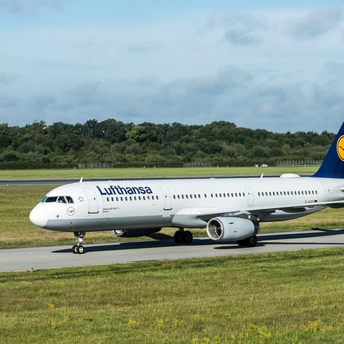SWISS Extends Tel Aviv Flight Halt as Some Airlines Gradually Restore Routes

SWISS has confirmed the continuation of its halt of flights to and from Tel Aviv until January 31, 2025. This extension affects all scheduled connections to the Israeli city, as the airline seeks to provide clearer plans to its passengers. Impacted customers are being notified directly and offered the choice of free rescheduling or a full ticket reimbursement. These measures aim to minimize inconvenience and offer greater flexibility for future travel arrangements.
The decision reflects SWISS's commitment to operational stability and safety, given the challenges of the region. By extending its suspension, the airline is proactively addressing potential risks, ensuring that travelers and crews can plan their trips with more certainty. This approach underscores the difficulties of operating in volatile areas while maintaining a strong focus on customer care and reliability in service.
While SWISS remains cautious, other airlines have resumed flights to Tel Aviv, signaling a gradual return to normalcy. Azerbaijan Airlines (AZAL) has reopened its Baku–Tel Aviv route, re-establishing a direct connection between the two cities. This development offers new options for travelers needing to reach Israel. The resumption of such routes highlights a partial restoration of air travel in the region and growing confidence among carriers.
Additionally, Lufthansa and Air France have announced plans to restore flights to Tel Aviv in response to rising needs. These carriers provide essential alternatives for passengers affected by SWISS's extended suspension. Their proactive moves help ensure that critical airways remain open, offering convenience and accessibility for both business and leisure travelers.
For travelers, SWISS's decision underscores the importance of adaptability when planning trips to regions with heightened risks. Exploring alternative airlines, staying informed about schedule changes, and investing in reliable travel insurance are vital steps to mitigate potential disruptions. Adjusting plans in response to shifting conditions ensures safer, more predictable travel experiences.



















